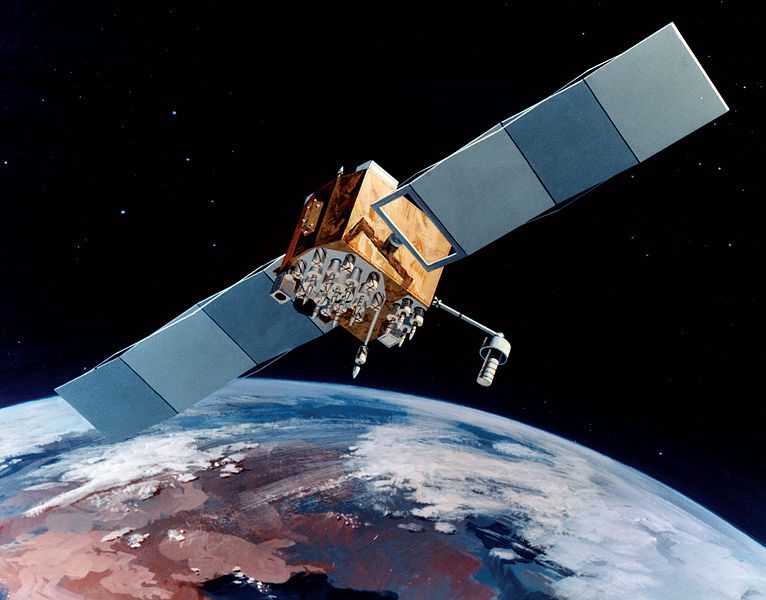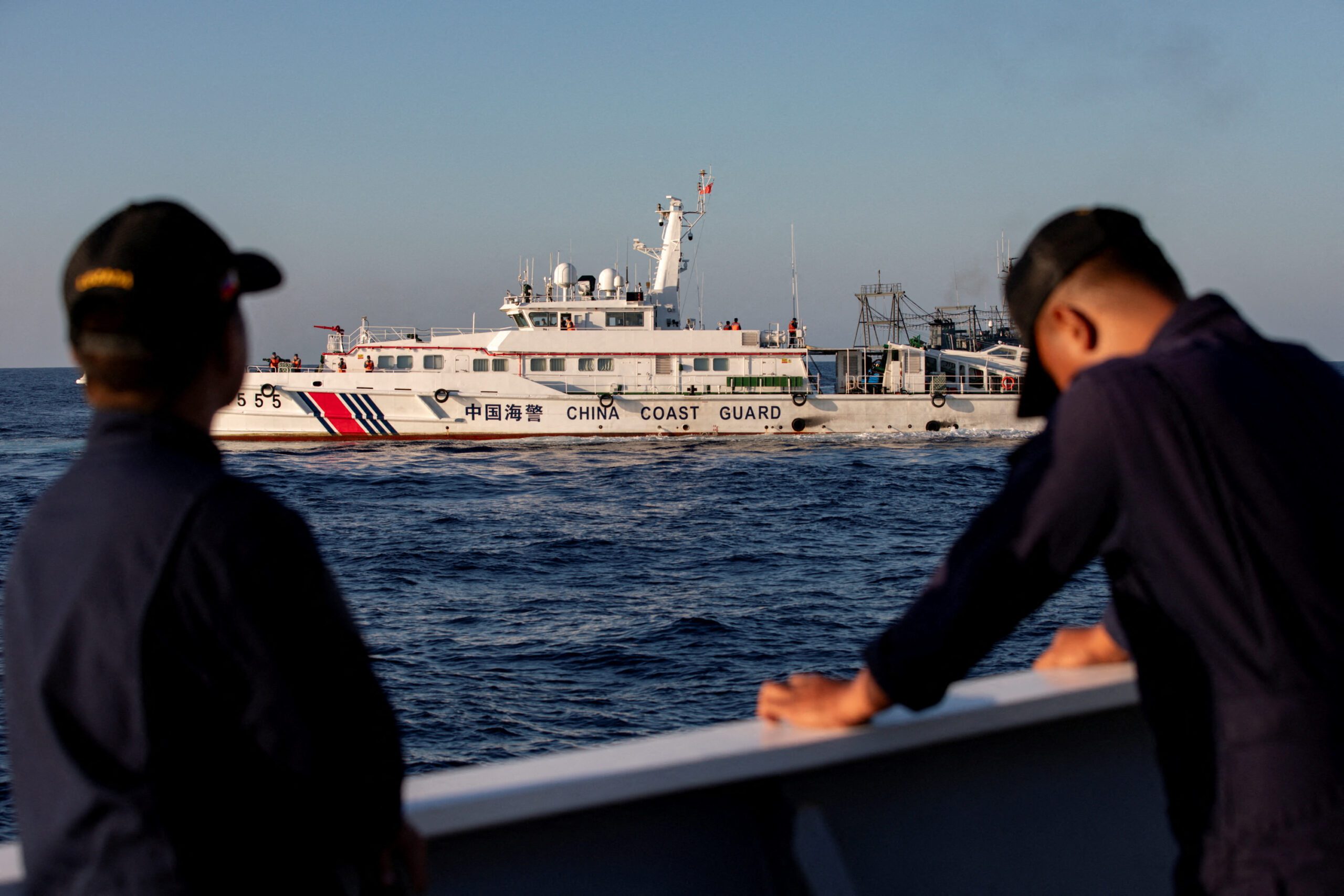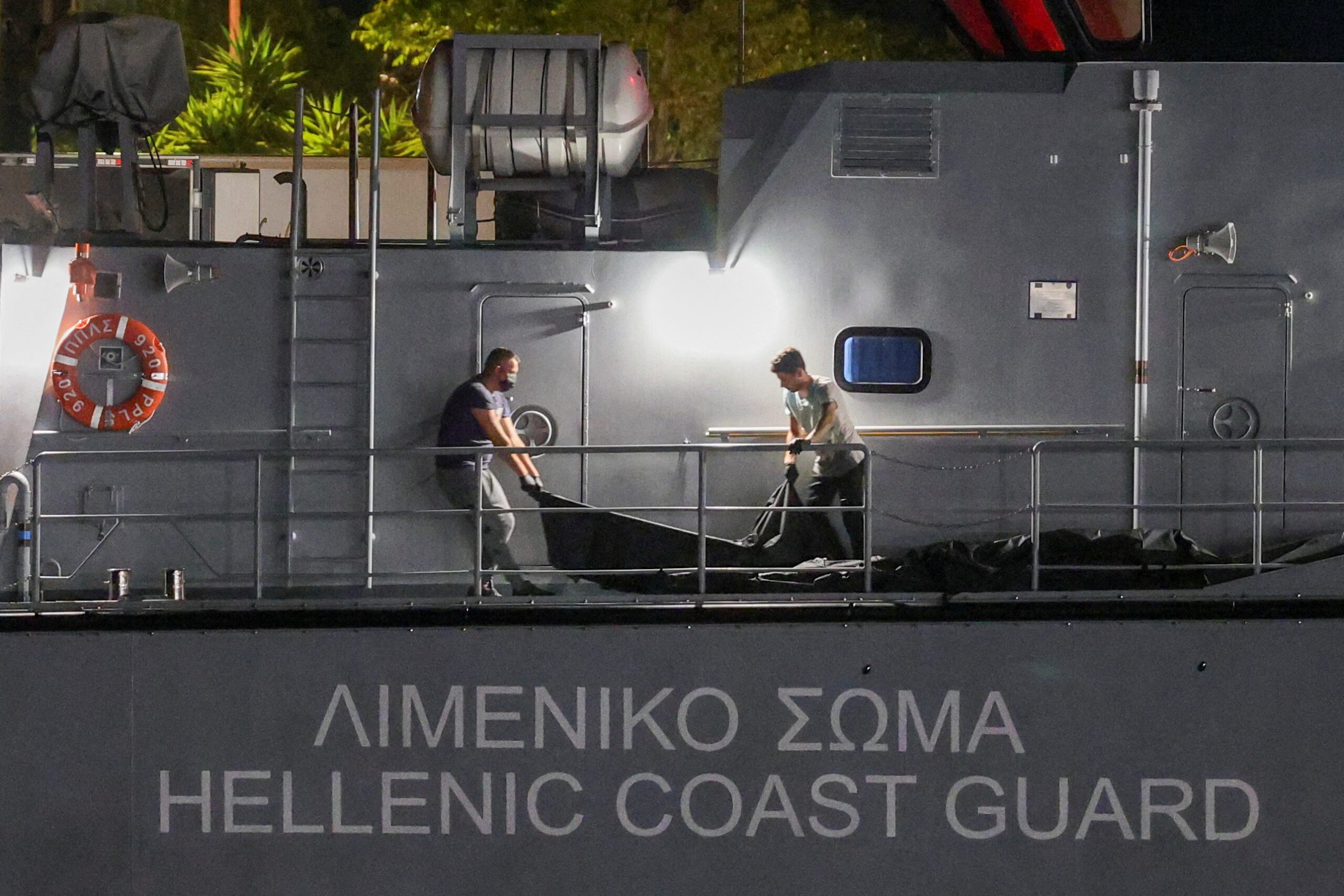Navstar 2F GPS satellite, rendering via USAF
 By Jonathan Saul
By Jonathan Saul
LONDON, May 13 (Reuters) – Europe has yet to fully wake up to the danger of maritime disasters caused by signal jamming and blackouts of satellite navigation devices, say the proponents of a back up system on trial in British and Dutch ports.
Ships increasingly rely on systems that employ satellite signals to find a location or keep exact time including the Global Positioning System (GPS) and GLONASS.
But experts say such systems are vulnerable to signal loss from solar weather effects or radio and satellite interference and can also be affected by intentional jamming by criminal gangs, nation states or potentially from militant groups.
The General Lighthouse Authorities of the UK and Ireland (GLA) is pioneering a radio-based back-up prototype called eLoran.
While the GLA has been working with Russia and South Korea on eLoran tie ups in recent months, it still faces a hard sell in many parts of Europe.
“Europe still doesn’t centrally recognise GNSS (global navigation satellite system) vulnerability,” Martin Bransby of the GLA said.
A European Commission spokeswoman said it recognised that devices like Europe’s Galileo as well as GPS and GLONASS “will not be immune to radio-frequency interference”.
“The Commission is working with member states to support actions and projects at the national, European and global level to reduce the potential impacts from these devices,” she said.
The GLA said it was crucial for France to continue to maintain and upgrade older radio transmitter stations called Loran-C, which date back decades, for eLoran to gain momentum.
A French Transport Ministry spokeswoman said it was studying the matter and would make a decision shortly.
In a setback, Norway said it would terminate the operation of Loran-C stations by the end of 2015 partly due to a lack of users there. Backers of eLoran say the lack of stations in Norway will create gaps in signal coverage.
Jon Georg Dale, State Secretary with Norway’s Ministry of Transport and Communications, said its Space Centre concluded in a report that “a long duration loss of satellite signals is not very likely to happen, and sporadic losses of satellite signals would have relatively small consequences for maritime users”.
Dale said the view was shared by Norway’s coastal administration.
“The GPS system has so far proved reliable, and the introduction of the Russian GLONASS, the European Galileo and the Chinese Beidou satellite navigation systems will further reduce the GNSS vulnerability,” Dale told Reuters.
ROTTERDAM WON OVER
Underscoring the growing risks, the GLA recorded two incidents in April when the GLONASS system experienced signal disruptions. In one of them, GLONASS transmitted location errors up to 55 km off the UK coastline for almost 12 hours.
The GLA has already deployed eLoran in the Dover Strait in the English Channel – one of Europe’s busiest waterways. A further six installations along Britain’s east coast will have eLoran equipment by September including the ports of Middlesbrough in England and Grangemouth and Aberdeen in Scotland.
eLoran works on earth-based radio systems to provide alternative position and timing signals for navigation. Ships need to install receiver equipment.
The Port of Rotterdam has become the latest top terminal to deploy a complementary eLoran system called eDLoran.
Wim van Buuren of the Dutch Pilots Association said ship pilots from Rotterdam initiated the deployment of eDLoran.
Other Dutch pilots operating in terminals such as Amsterdam have shown interest too, he said.
“Sailing the approaches towards many ports along the shallow sandy Dutch coast requires precise navigation with a backup navigation system included,” van Buuren said.
“Oil spills, running aground with a ship because of a lack of proper position fixing means are scenarios which are not tolerated anymore nowadays by the public. It is all about safe navigation.” (Additional reporting by Gwladys Fouche in Oslo and Cyril Altmeyerhenzien in Paris; Editing by Veronica Brown and William Hardy)
(c) 2014 Thomson Reuters, All Rights Reserved

 Join The Club
Join The Club











